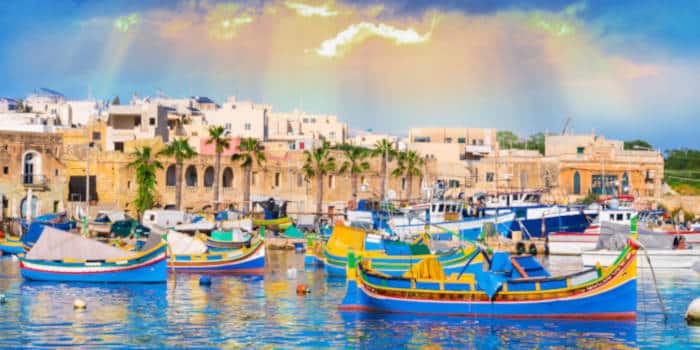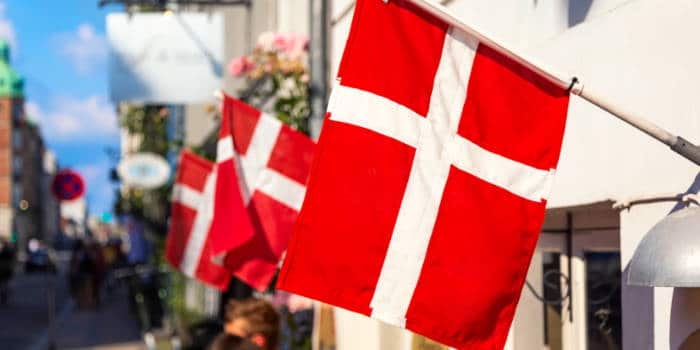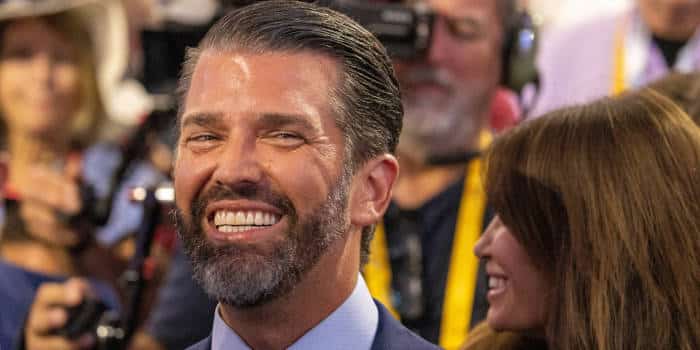- Casino
- By State
- Alabama
- Alaska
- Arizona
- Arkansas
- California
- Colorado
- Connecticut
- Delaware
- Georgia
- Florida
- Hawaii
- Idaho
- Illinois
- Indiana
- Iowa
- Kansas
- Kentucky
- Louisiana
- Maine
- Massachusetts
- Maryland
- Michigan
- Minnesota
- Mississippi
- Missouri
- Montana
- Nebraska
- Nevada
- New Hampshire
- New Jersey
- New Mexico
- New York
- North Carolina
- North Dakota
- Ohio
- Oklahoma
- Oregon
- Pennsylvania
- Rhode Island
- South Carolina
- South Dakota
- Tennessee
- Texas
- Utah
- Vermont
- Virginia
- Washington
- West Virginia
- Wisconsin
- Wyoming
- By State
- Slots
- Poker
- Sports
- Esports
Florida’s Online Sports Betting Compact Challenged Under Federal Law
Miami adjunct professor argues that the 2021 agreement, signed by Gov. Ron DeSantis and the Seminole Tribe, exceeds the limits set by the Indian Gaming Regulatory Act
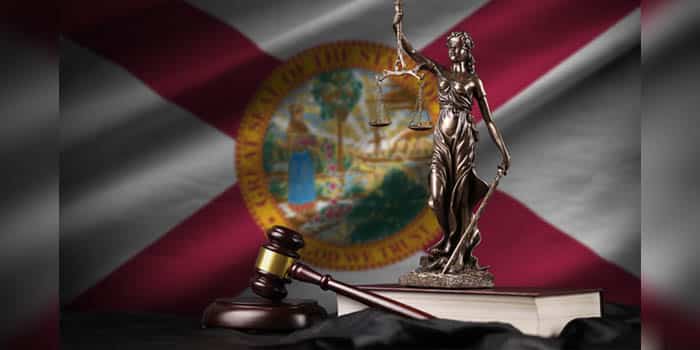
In a legal battle shaking Florida’s gaming landscape, an adjunct professor from a Miami law school has taken a bold step in challenging the gaming compact between the Seminole Tribe of Florida and the state government. Daniel L. Wallach, renowned for his expertise in sports gaming law, has filed an amicus curiae brief urging the US Supreme Court to review the contentious agreement, arguing that it breaches federal law.
Seminole Compact Under Scrutiny Over IGRA Compliance
At the heart of the matter lies the Indian Gaming Regulatory Act (IGRA), a federal law governing tribal gaming activities. Wallach contends that the 2021 compact, inked between Gov. Ron DeSantis and the Seminole Tribe, oversteps IGRA boundaries by permitting online sports betting throughout Florida, irrespective of tribal land jurisdiction, reported Law360.
The disagreement traces back to the core terms of the compact. While the Seminole Tribe gained exclusive rights to operate online sports betting under a “hub-and-spoke” model, which mandates that betting transactions be processed through servers located on tribal lands, critics like Wallach maintain that this provision extends the tribe’s authority beyond permissible limits.
According to Wallach’s brief, the approval of the compact by the D.C. Circuit Court in 2023 raised eyebrows due to its interpretation. Despite acknowledging that the compact does not explicitly “authorize” off-tribal land betting, the court’s decision effectively greenlights such operations, contradicting prior legal precedents.
Wallach Spotlights Stakeholder Claims in Seminole Compact Debate
Moreover, Wallach highlights statements made by key stakeholders, including the Seminole Tribe and Gov. DeSantis, which tout the compact’s authorization of online sports betting in Florida. Such assertions, Wallach argues, further underscore the need for a thorough examination of the compact’s compliance with federal statutes.
The implications of this legal skirmish extend far beyond the courtroom. Should the Supreme Court agree to hear the case, it could set a precedent reshaping the landscape of tribal gaming compacts nationwide.
Conversely, a dismissal could solidify the Seminole Tribe’s grip on Florida’s lucrative sports betting market, leaving dissenting voices like West Flagler Associates Ltd. and Bonita-Fort Myers Corp. in limbo.
At the same time, the US Department of the Interior recently finalized federal rules affirming the legality of Florida-style “hub-and-spoke” tribal gaming compacts, providing much-needed clarity and facilitating better cooperation between Tribal nations and the federal authority.
These updates to 25 C.F.R. Part 293 aim to eliminate ambiguity in negotiation processes between Tribes and states, defining key terms and outlining review procedures, following extensive input from Tribal nations. The move comes in response to legal challenges like the prolonged dispute over the Seminole Tribe’s gaming compact in Florida, intending to avoid similar contentious situations in the future.
Related Topics:
Silvia has dabbled in all sorts of writing – from content writing for social media to movie scripts. She has a Bachelor's in Screenwriting and experience in marketing and producing documentary films. With her background as a customer support agent within the gambling industry, she brings valuable insight to the Gambling News writers’ team.
Previous Article

Industry
February 21, 2024
US Commercial Gaming Industry Thrives in 2023, Setting Record Highs

Next Article

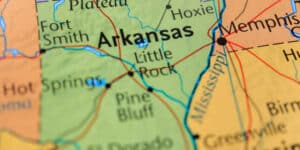
Industry
February 21, 2024
Local Voters in Charge Push for Casino Referendum in Arkansas
Must Read
Industry
June 27, 2025
Las Vegas Sphere Bashed for Charging $170 for Pizza
More Articles



Casino
June 30, 2025
DIMOCO Enters Germany iGaming Market with Neo.Bet

Casino
June 30, 2025
Man Admits to Laundering Cocaine Money Through Casinos









